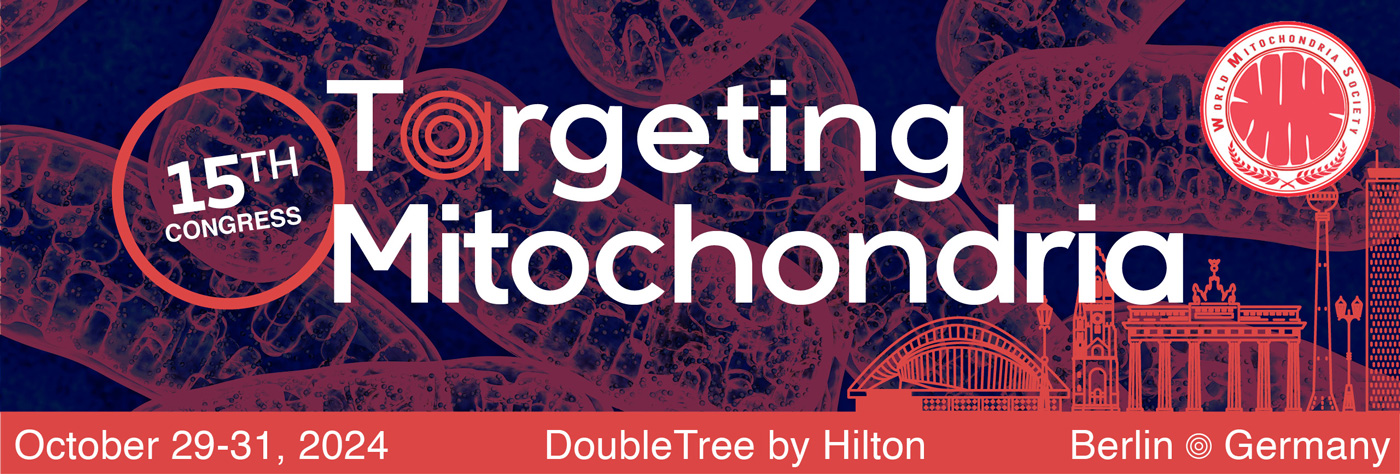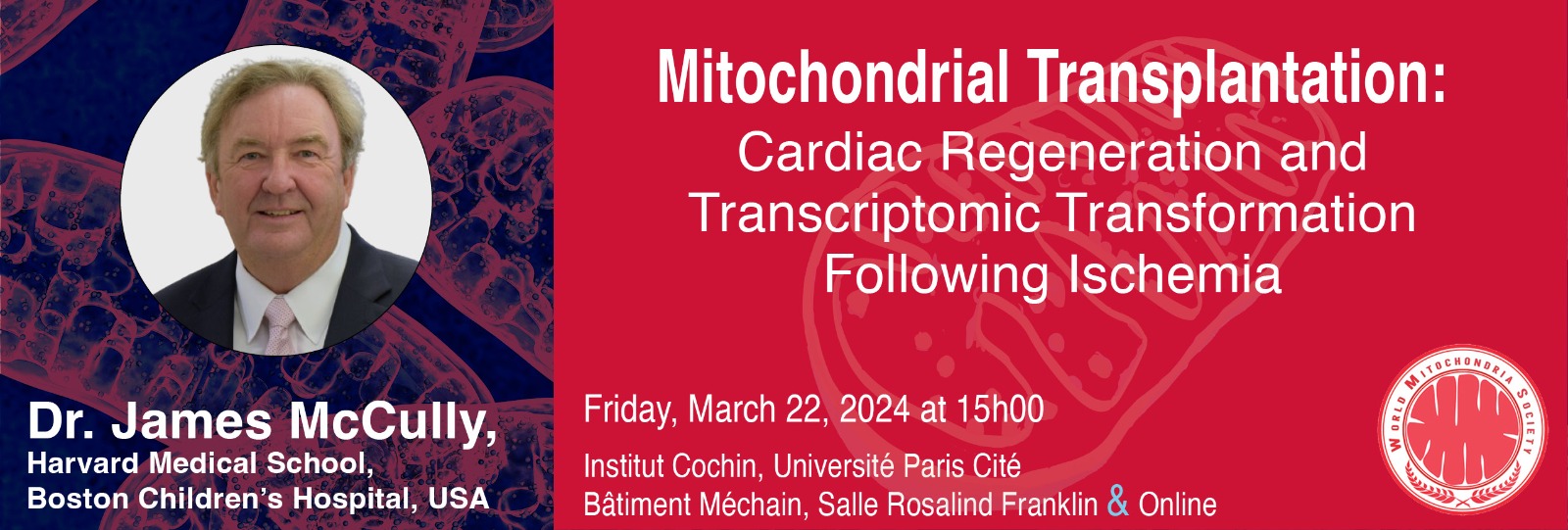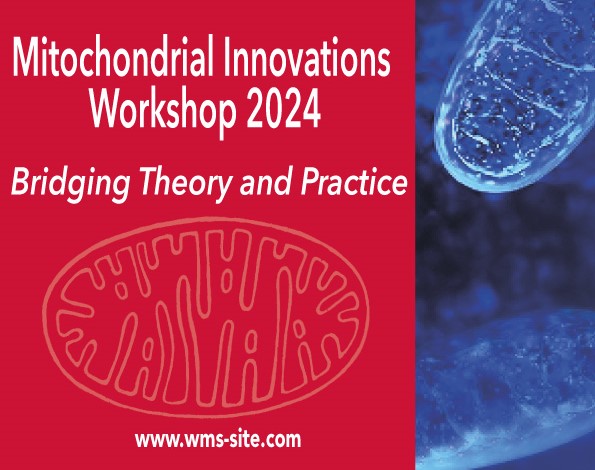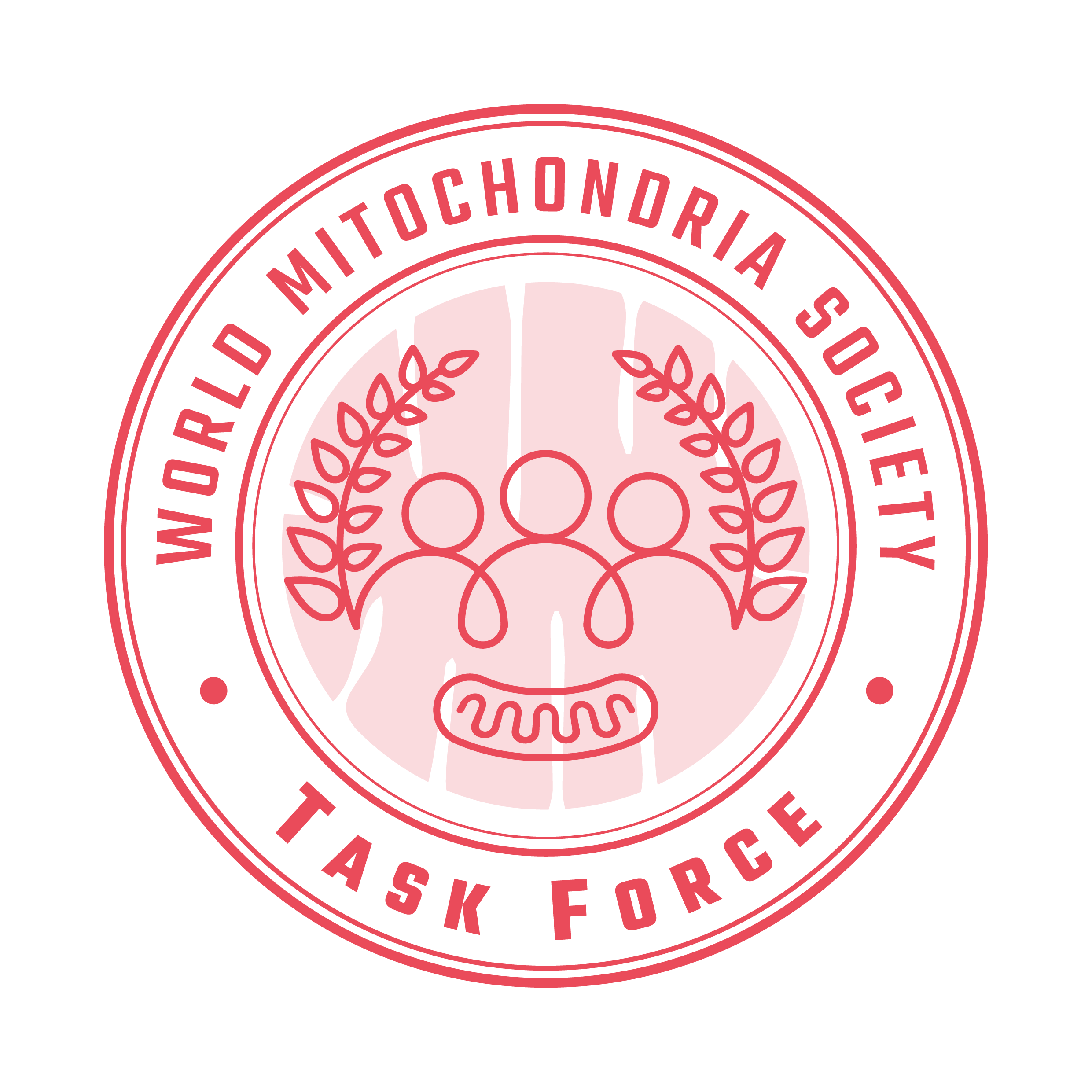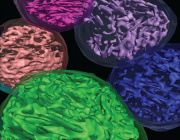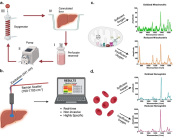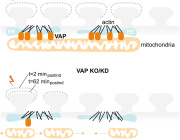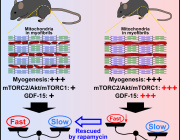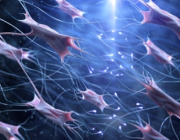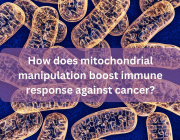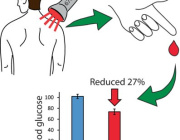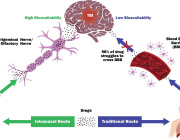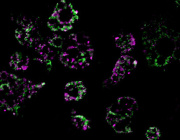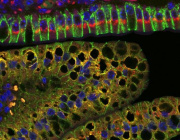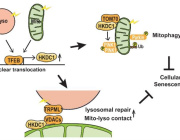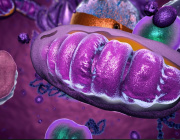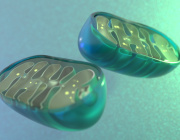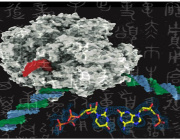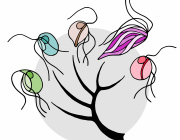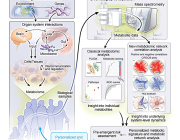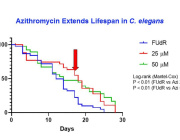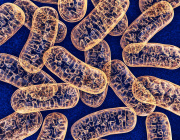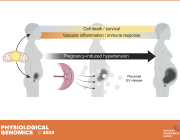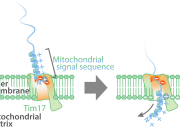Artificial DNA Successfully Transcribed by Natural Enzyme, Paving the Way for Genetic Advancements
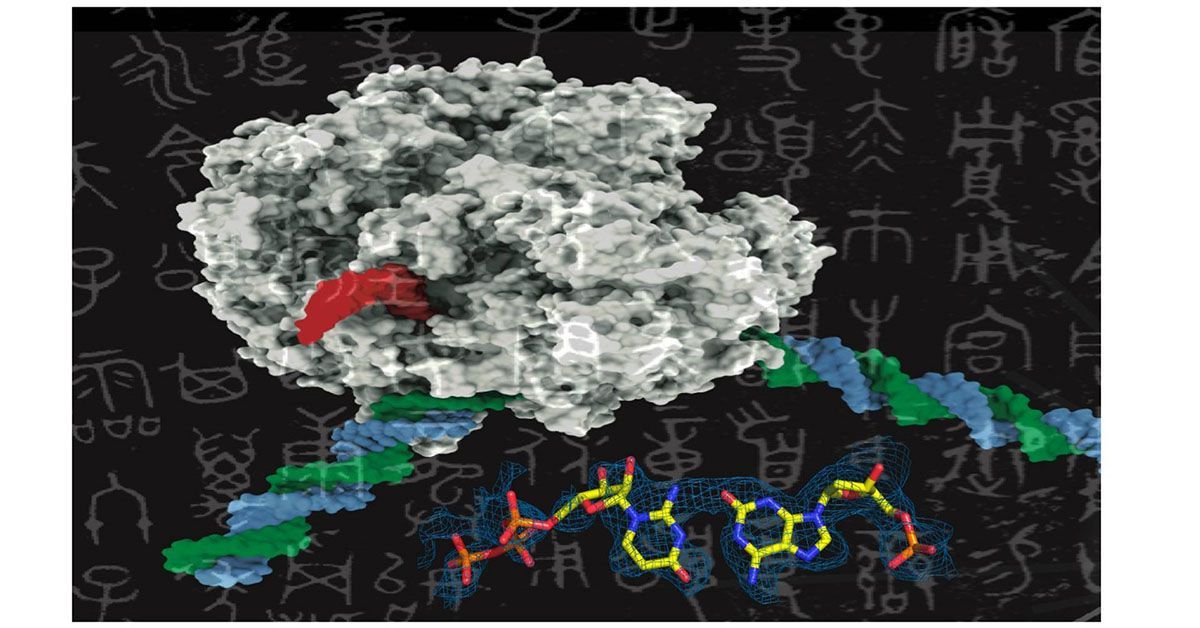
Like adding new letters to an existing language’s alphabet to expand its vocabulary, adding new synthetic nucleotides to the genetic alphabet could expand the possibilities of synthetic biology. This image shows a rendering of RNA polymerase (center) and a synthetic nucleotide (lower right).
Scientists at UC San Diego are exploring the expansion of the genetic alphabet, akin to introducing new letters to a language, by investigating the feasibility of incorporating synthetic nucleotides into the traditional four-nucleotide genetic alphabet (A, T, G, C). The findings were published in Nature Communications on December 12, 2023.
The application and risks of creating artificial DNA that can be transcribed by natural enzymes are as follows:
Applications:
1. New Medicinal Compounds: The ability to integrate synthetic nucleotides into DNA can lead to the creation of novel proteins, potentially resulting in new drugs and therapeutic agents.
2. Advanced Genetic Research: This technology can facilitate deeper understanding of genetic processes and molecular biology, opening new avenues in genetic research.
3. Synthetic Biology Innovations: Expanding the genetic code can lead to the development of new biological systems and organisms with customized features or abilities.
4. Biotechnology Advancements: It could enable the creation of more efficient biofuels, enhanced agricultural products, or new materials through synthetic biology.
5. Understanding Extraterrestrial Life: The research, initially supported by NASA, could provide insights into how extraterrestrial life might develop or be structured.
Risks:
1. Unintended Genetic Consequences: Introducing synthetic elements into the genetic code could have unforeseen effects on genetic stability, gene expression, or cellular function.
2. Biosecurity Concerns: There's a risk that this technology could be misused to create harmful organisms or biological agents.
3. Ethical and Regulatory Challenges: Manipulating the genetic code raises ethical questions about the extent of human intervention in natural processes and the need for robust regulatory frameworks.
4. Environmental Impact: If synthetic organisms were to be released into the environment, they could potentially disrupt ecosystems or outcompete natural species.
5. Technical Limitations and Errors: The precision required in this technology is high, and any errors in the transcription process could lead to detrimental effects or failed experiments.
Prof. Marvin Edeas, chairman of the scientific committee commented: "While the development of artificial DNA offers exciting potential for advancements in medicine and biotechnology, it also poses significant ethical, environmental, and biosecurity challenges that need to be carefully managed."
Photo Credits: UC San Diego Health Sciences
